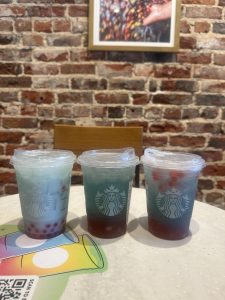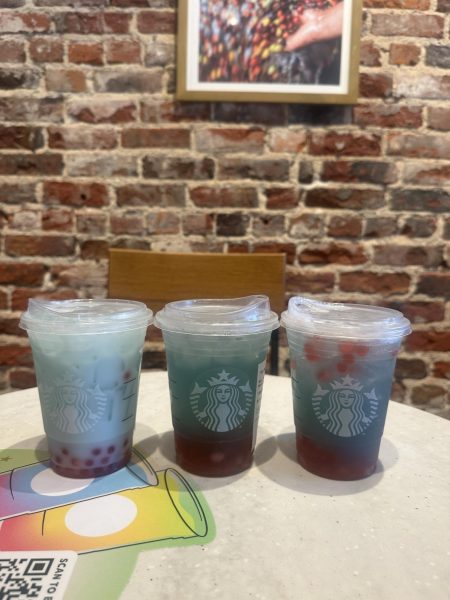Impossible Burger: Impossibly Bad?
Health administrations claim that faux beef can be harmful
September 12, 2022
Vegan eating has grown in popularity over the past few years, and this once extremely controversial cuisine has finally reached a level of normalcy in which it has started its own group of food chains.
The Impossible Burger, one of the most well-known and well-loved vegan fast food menu items from Impossible Foods and Burger King, has received many complaints about the potential health problems their meat alternatives could cause.
The appearance of the plant-based burgers is a glaring red flag by itself—literally. The faux beef is a bright, bloody red that mocks real beef a little too well.
This is caused by artificial coloring injected into the burgers, created using soy leghemoglobin. Debates constantly stem from the use of this additive, as many health administrations claim that it can cause problems such as blood clotting and even cancer.
On the other hand, the Food and Drug Administration (FDA) has tried to quell suspicions by explaining that the color additive is naturally based from soybeans and not made with artificial ingredients. Leghemoglobin is found in humans, not just soybeans; therefore, the FDA claims that it must be safe for human consumption.
It is highly unlikely that, despite all of the worries from health watchers and food critics, vegans will stop eating from The Impossible Burger entirely. There are very limited options for people with non-meat diets in America as red meat is a huge staple of the country.
The right decision to make in this situation is to moderate the amount of faux meat eaten from fast food restaurants. It isn’t the “vegan” label that harms people’s well-being, but the amount of artificial and unapproved ingredients that sneak their way into their bodies. If we are diligent with our eating habits, then The Impossible Burger’s bloody red meat will become the least of everyone’s problems.















